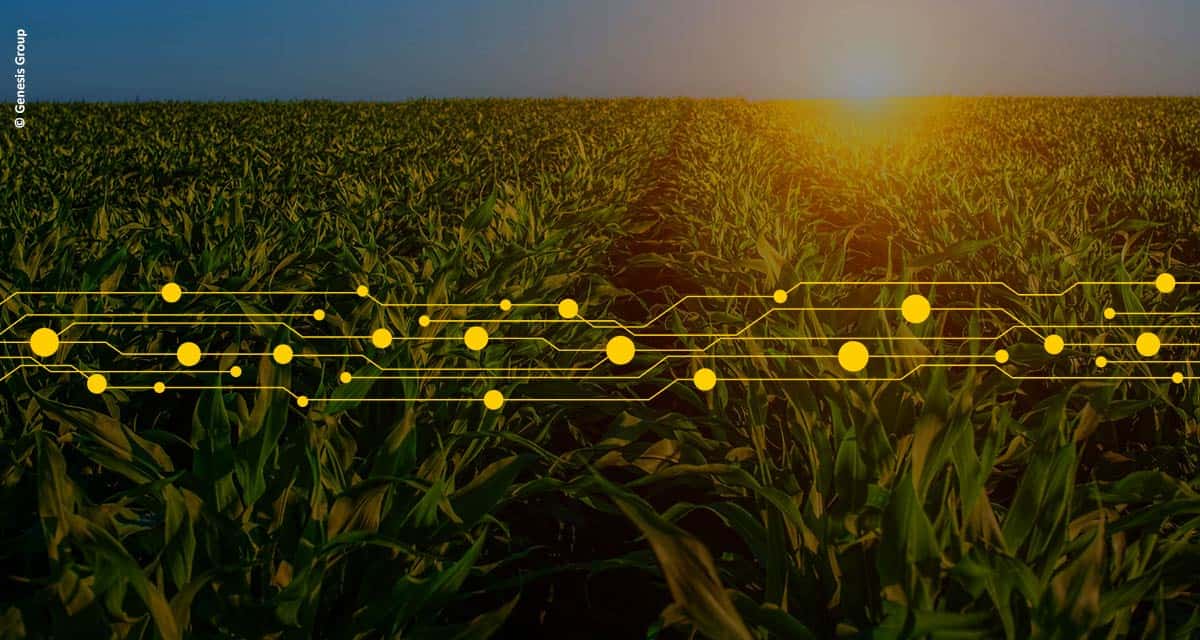RIO DE JANEIRO, BRAZIL – Paraná-based Genesis Group, specialized in traceability and food inspection solutions, announced this Thursday the launch of a technology that uses artificial intelligence (AI) to inspect and classify grains.
The company estimates that the technology, which aims at automating the process and making it more transparent, may work in the evaluation of 69 million tons within three years.

The project, called Right Grain, is a partnership between Genesis Group and the São Paulo-based startup MVisia. According to the CEO of Genesis, Nelson Bechara, the goal of the technology is to reduce subjectivity in inspections that check moisture levels and possible defects in grains.
Discrepancies may reduce the rural producer’s remuneration, and it is common for this to generate disputes – even legal ones – between farmers and trading companies.
The executive explains that to classify the grains without human interference, the machine was taught to “think”. “We collected more than 200,000 samples all over Brazil to create this database. It will look at the grain in the tray, compare it with the information, and produce a report. The algorithm started to be developed at the end of 2019 and more recently by market testing,” he says.
The Genesis group holds between 55% and 60% of the on-farm grain inspection traceability market. The company projects that the Right Grain can cover, already in its first year of life, from 5 to 10 million tons. “But it can vary a lot. We are discussing with one of the clients and he alone works with 10 million tons. If we inspect 100% of what he buys, we will already beat this number. And we project to reach 60 million tons in three years”, says Bechara.
Also on Thursday, the company announced Nira, a new portable solution with infrared technology to verify the oil, protein, and moisture content. “Today, the producer has all the work of moving the sample to the laboratory, which returns an analysis. We are bringing equipment the size of a tablet so that the information is given at the origin.”
The second novelty is a joint venture with the startup Zeit, which specializes in solutions for chemical analysis. Bechara believes it has the potential to transform the logic of grain production. “It would be something like what happened with sugarcane, which is bought based on ATR [Total Recoverable Sugar]. The world of soy and corn is moving towards this. Large importers want to purchase by protein content, with an eye on the production of oil and margarine, for example.
The idea is that, by the end of the 2021/22 harvest, about 30 Nira machines will be in use in the country. The CEO guarantees that the potential is enormous: “If we take the two markets to which this technology is directed, soy and corn, there are 250 million tons. If we have 30% of this total analyzed, it will already be a lot of volumes.
The Genesis Group expects to maintain its double-digit growth rate for the fifth consecutive year and to close 2021 with revenues of R$150 million. In the future, these technologies may represent, according to the CEO, 10% to 15% of the company’s revenues.

